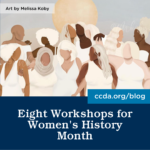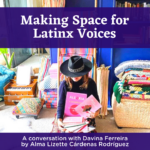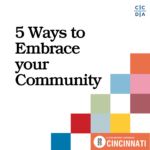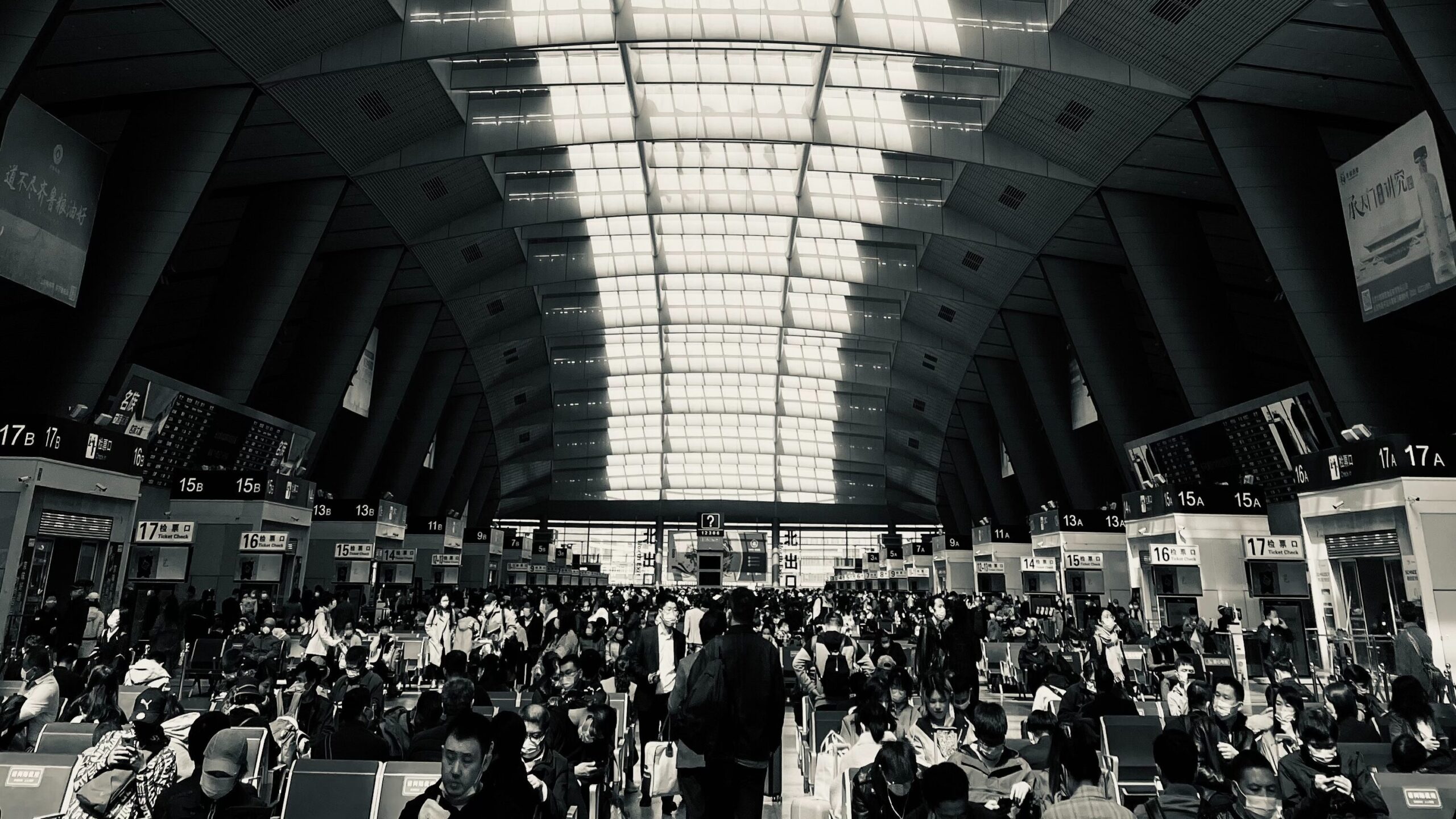
By Michelle E. Navarrete, in collaboration with World Outspoken
I’ve been spending a lot of time in airports lately. After just moving to Atlanta for a PhD program in Hebrew Bible, my people are scattered all throughout the US, allowing me to visit parts of their lands. The travel is somewhat therapeutic; it gives me time to think and digest. I also just really love people-watching.
Just recently I was sitting in the Houston airport for my layover, doing my people-watching as usual, when a younger Latina approached me. I could tell that she was looking for someone or something, but I didn’t realize it was me. She sat down right next to me and started speaking Spanish immediately.
“¿Que grupo eres? ¿Sabes cuando entramos?” she asked. She looked at my plane ticket to compare it to hers.
I showed her what group she was and told her to watch the monitor for when it boarded. She thanked me and went along her way.
After that encounter with my rusty but manageable Spanish, I wondered what I would have done if I didn’t speak Spanish at all. Or what would she have done? She was looking for a brown body and found mine, but if I couldn’t help her, I would have felt like I failed her.
My rusty Spanish often already makes me feel like I’ve failed my Mexican roots.
I have many second- and third-generation friends who have expressed similar sentiments of “not enough.” Either they don’t speak Spanish, or they speak the “dreaded” Spanglish, or they don’t celebrate Brown Church traditions or their own ethnic and cultural traditions because they don’t remember or know how to. In many ways they feel like they’ve failed their families and their roots. It doesn’t help that many Brown people poke fun or feel sad for those who can’t resonate with their parent culture—me included. I regret to say that I’ve made many a snarky comment about “no sabo” kids or have felt a bitter sympathy for those who can’t speak or understand Spanish, even as mine continues to rust.
As the United States continues to mix in ethnicities and cultures, it is still receiving migrants from Latin American countries in mass numbers. Immigrants are bringing their culture to new territories, and the children and grandchildren of immigrants are learning how to live in between these two worlds. The integration of generations, cultures, and ethnicities is becoming the reality of more and more churches.
The most fascinating part of all of this is that the Bible testifies to this phenomenon. The Israelites were no strangers to these kinds of evolutions in their faith communities. After the exile, the Israelites had to learn how to serve both multilingual people and people who lost their Hebrew as a result of the exile and could only speak one language. Their religion evolved and transformed up until Jesus was born and even thereafter.
I’ve realized that in our fight en la lucha, the Brown Church must do a better job of understanding—perhaps literally—all expressions of Latinidad, especially as Brown churches continue to be filled with first, second, third, and even fourth-generation Latine people. What would it look like for people working in marginalized communities to evolve with those communities? I’ve realized how important it is to become deeper rooted in my culture for the sake of my community, and sometimes that means leaning into my own spaces of discomfort, like continually speaking Spanish to shake the rust off.
Perhaps instead of perpetuating the kind of harmful rhetoric that minimizes a person’s Latinidad based on their capacity to connect with their parent culture, it is time for the Brown Church to stand in solidarity as we find new ways to minister to our communities. Many of us face problems of marginalization and exile, no matter what generation we come from. And this does not mean we disregard our parent culture, but instead reconnect our people to it in a new, transformative way. There is beauty to the evolutions of faith working alongside the passing down of traditions that help sustain the survival of communities, similarly to the Israelites. If we do not take care of our own people, if we do not find ways to connect to other brown bodies as we search for our brothers and sisters in the spaces we inhabit—like the Houston airport—then who will?
Closing Prayer
Creator God, may we see each other the way you see us: as beautiful Brown bodies made in your image. May we have grace not only for those who may already struggle with living up to their cultural “standard,” but for ourselves as well. May we welcome and connect with all different types of expressions of Latinidad. May we find innovative ways to serve our communities of many languages, skin tones, and experiences for the transformative work of the gospel. We humbly ask for this in Jesus’ name. Amen.

About Michelle E. Navarrete
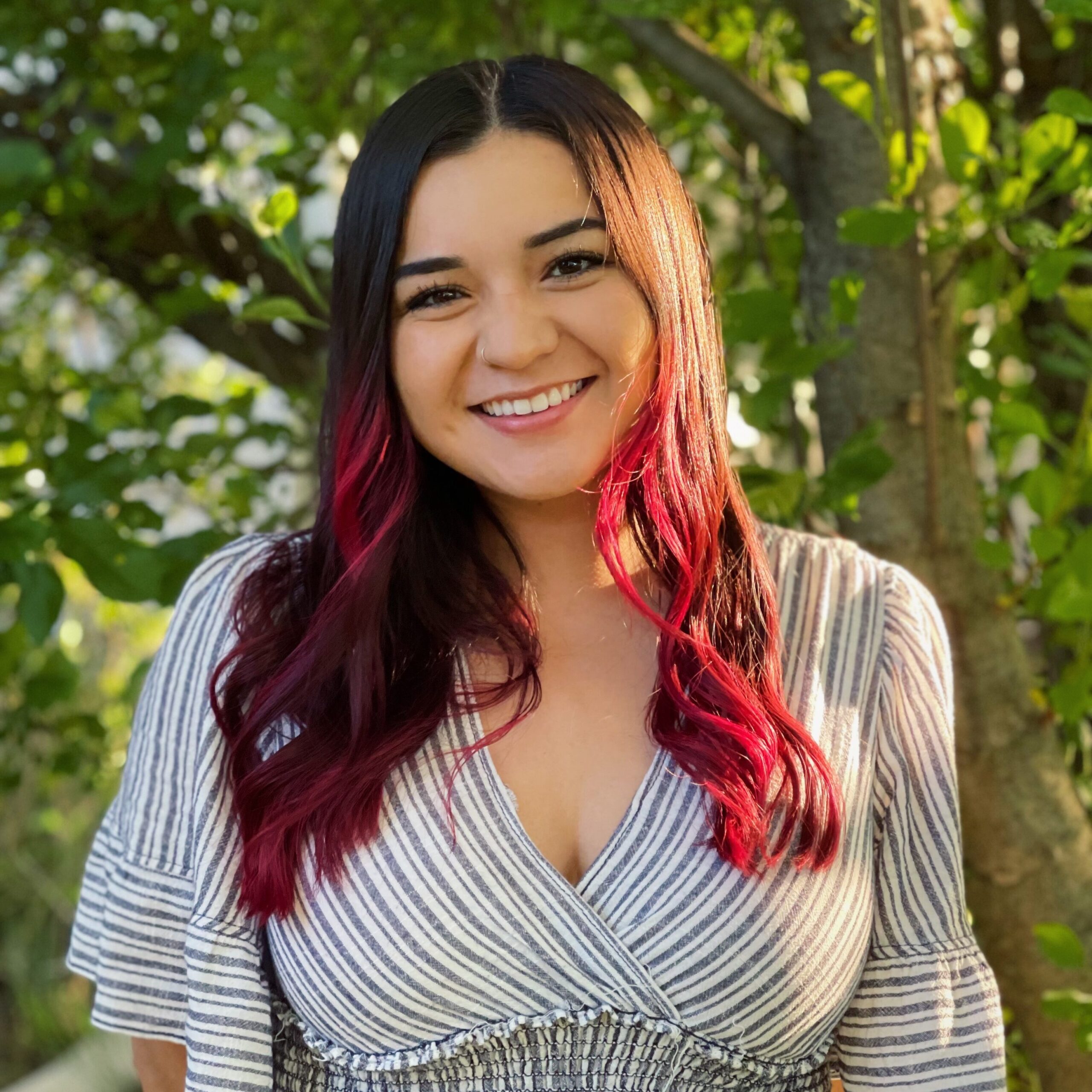
Michelle E. Navarrete is a current PhD student of the Hebrew Bible at Emory University as well as a Scholar-in-Residence for World Outspoken. She uses storytelling in her work as a way to cultivate connection and bridge the academic and ministerial worlds. This work becomes necessary for the formation of the multiethnic, multicultural, and multigenerational church.

